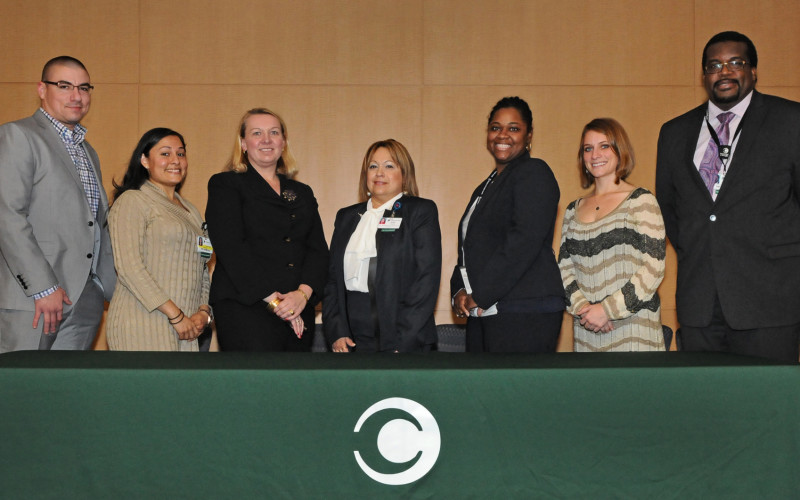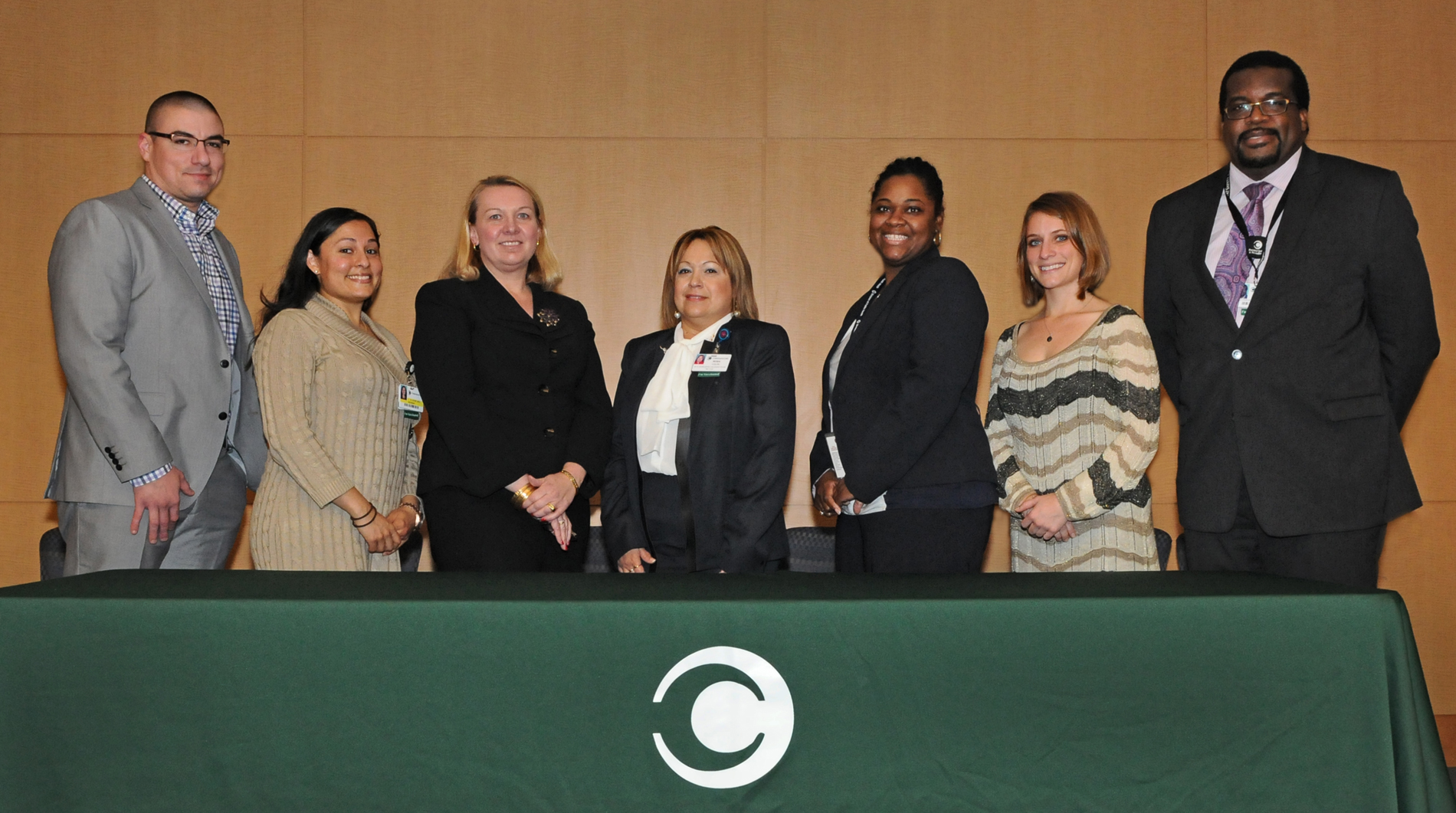Film screening shows impact of poor access to health care


A screening at Christiana Care Health System of the new documentary “Remote Area Medical” showed a non-profit organization’s efforts to provide medical care to underserved residents of rural Tennessee and overcome health care disparities and barriers to health care access.
Christiana Care’s Value Institute and the Delaware Clinical and Translational Research (DE-CTR) ACCEL program sponsored the screening and a panel discussion in November at the John H. Ammon Medical Education Center.
In “Remote Area Medical,” filmmakers Jeff Reichert and Farihah Zaman document a three-day clinic at the Bristol Motor Speedway in Bristol, Tenn., where legions of volunteers provided free medical, vision and dental care to more than 1,000 residents. Hosting the clinic is Remote Area Medical (RAM), created in 1985 to provide medical care to remote parts of the Amazon but which now focuses on domestic medical needs.
The 90-minute film features about a dozen clinic participants who explain their reasons for attending. For myriad reasons, many people avoid doctors until an ailment is too debilitating to ignore. Some live too far from doctors to receive regular care or don’t have transportation to get to a doctor or dentist. Others don’t have insurance, or can’t afford co-pays or deductibles
Following the screening of “Remote Area Medical,” a panel moderated by LeRoi Hicks, M.D., MPH, vice chairman of the Department of Medicine, shared their thoughts on the film. “We’re not talking about concepts, we are talking about people, their children and their communities,” said Dr. Hicks.
“We need to go further, to educate people in the community and find a way to influence community norms so that it’s not always the doctor telling people to change; it’s the grandma on the stoop saying that,” said panelist Erica Locke, M.D., a resident in Emergency and Family Medicine at Christiana Care. “We need to find the best ways to reach and empower people.”